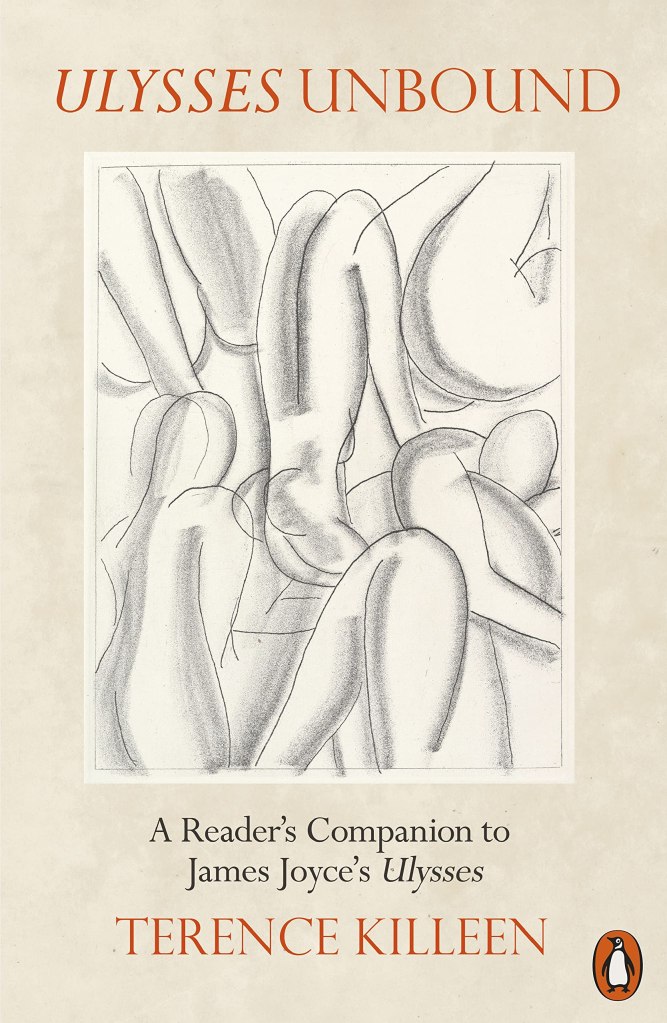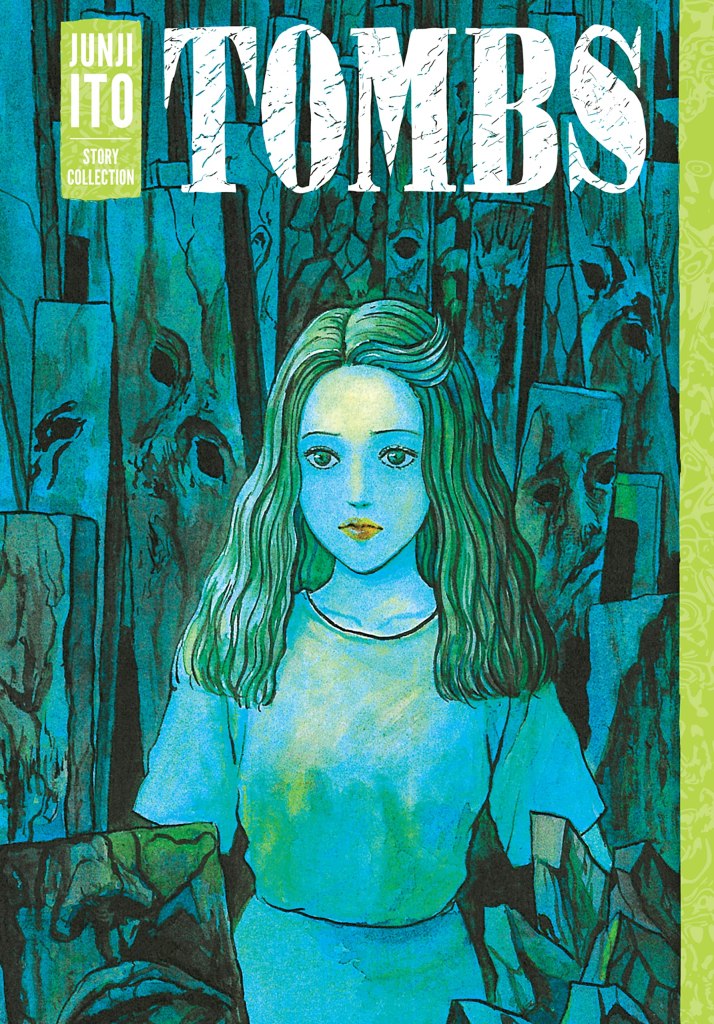So it’s the end of the year and I’m convinced that I won’t read any more books in 2023. Sad, but it has to be called at some point I guess.
Anyway, let’s get this final-review-of-the-year show on the road.

Leviathan Wakes by James S. A. Corey.
My rating: five stars.
(No, I haven’t seen the TV show.)
This was a novel I’d had on my TBR list for quite some time, and so when a buddy read was suggested I was all in. I’m not usually a SF reader (though I guess I’m bullshitting myself if I still think that’s true given the amount of Cixin Liu I ploughed through this year) but this novel disguises the SF aspects in business wranglings, noir buddy cop drama and global politicking.
It makes sense that one half of the author (being two blokes under one name) is George R. R. Martin’s assistant: the structure cleaves to the short-chapters-headed-with-a-character-name structure that GRRM uses in A Song of Ice and Fire and it works equally well here: you always know whose point of view we’re exploring, and it makes the whole thing ad-break smooth.
Honestly, I fucking loved this book. I’m psyched to see what happens with the rest of the series. I applauded when a certain character showed up at a certain time, and I was delighted with the effortless way the story unfolds, set in bullshit-work space by way of Dashiell Hammett. Bloody great.
The Cambridge Centenary Ulysses by James Joyce (ed. Catherine Flynn).
My rating: five stars.
I mean, you can’t not give this thing five stars, right? This is either the fourth or the fifth reread of Ulysses I’ve done, and while I still feel like I’ll be incomplete somehow unless I make it to Bloomsday one year, I feel I’m good for a while.
Each time I read this thing, I feel that I need to relearn the fact that to appreciate it you need to stop fighting it. Each time I approach it, I feel I’ll appreciate more things about it. I do, because I’m now familiar with it enough that different aspects can sing out to me – but I need to stop the drive to understand it all because that is impossible. It’s kind of like going to a gallery: you have to appreciate the individual brushstrokes, the look on the face of a guy in the background of a scene, because that’s where the joy is. The whole is almost too large to take in. So, to an extent, reading this novel is like drowning: you have to let go at some point and let it just wash over you, because you won’t get it all and that’s absolutely fine.
I fell in love with the earthiness of the characters again, and the sympathy with which Joyce treats them, trapped as they are in the cells of their lives. I feel that I appreciated the interplay between Bloom and Stephen more this time around, having read Portrait not son long before. But I do feel that perhaps I suffered a little as this time I read with an educational intention: I used Terence Killen’s book to unlock some more of the correspondences in the work, as well as the frankly excellent essays heading each chapter.
This edition is wonderfully produced, and dissects the text in a way that’s supremely helpful to the amateur and the Joycean alike, even though I firmly land on the first of those camps. It does put a bit of an academic bracketing around the work that I don’t think is necessarily helpful, especially if this had been my first read of the thing.
(For an initial reading, I think my university professor’s advice remains salient: nobody knows what happens after the first third, not really, and if you get stuck you should read aloud in the best Irish accent you can muster – this is a book to be heard, not read.)
It was wonderful to be back in the land of JJ the creepy perve, even in moments of supreme confusion. Yes.
Ulysses Unbound by Terence Killeen.
My rating: four stars.
There’s not a lot I can say about this work as it’s not the sort of thing anyone’s going to latch onto unless they’re interested in Ulysses. It’s like a manual, I guess: a fancier version of study notes for a book that’s often described as difficult, but is a lot more welcoming than its reputation would have people believe.
Killeen’s knowledge of the text (and, importantly, of the many characters and locations within) is peerless, and this book is an excellent was to unlock the novel and explain what Joyce was attempting at each point. The fact that there’s admissions of potential failure of interpretation is a fine thing, and Killeen is a rare scholar who’d admit as much.
I enjoyed this, but again it’s not the sort of thing you’re going to read if you’re not reading Ulysses.
Tombs by Junji Ito.
My rating: three stars.
The final book of the year was a horror quickie: more adventures in the twisted mind of Junji Ito.
If you’re a regular reader you’ll know that I’m a bit of a fan, though the last couple of anthologies of his work I’ve read have been variable in quality (to say the least). Tombs continues this trend: there’s a couple of stories within that are excellent – the titular tale involving randomly appearing gravestones is particularly creepy, as is one about the ghosts of student radicals past – whereas others are poorly considered structures to allow room for a startling image to emerge.
Good, but not great.
If you’re after some good bookish times, please check out my profile on TheStoryGraph.
If you’d like to buy me some books to review, there’s a wishlist over here.





